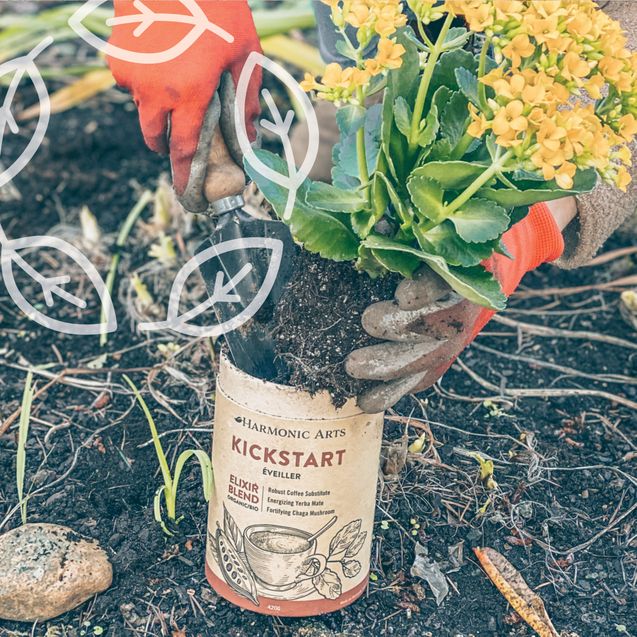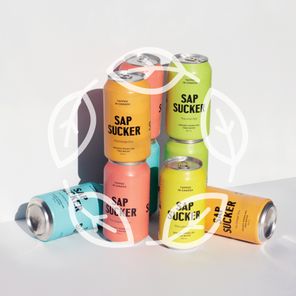Food Waste Diversion
We’re constantly monitoring our purchasing to minimize waste. We heavily discount prior to expiration date, re-purpose in our cafes, donate to local agencies, our compost is picked up by Blue Planet, we also give compost & other outdated suitable products to Alice sanctuary, Machula & a favourite farmer named Grace. This past year we diverted over 5,000kg of food waste.
Recycling
At our stores and head office, we use a private operator to recycle plastics, cardboard, paper, glass, tin and beverage containers. Recognizing the impacts of kitchen waste (it creates harmful methane gas when in a landfill environment), we compost at all our locations as well.
Composting
Compostable waste takes up about 40% of Calgary’s landfill space, which is expected to run out within 20 years. For every 1 pound of food in landfill, there are about 4 pounds of methane emissions, which is the equivalent of 100 pounds of CO2 emissions. Community Natural Foods composts approximately 42,000kg of waste annually.
Reducing Food Miles
We work with local farmers and producers whenever possible to strengthen our local economy and reduce the footprint of the products we carry. We have formed relationships with producers of a wide variety of producers that represent everything from produce (carrots, beets, potatoes, tomatoes, etc.), grains and cereals, dairy products, mustard, honey, and fresh and frozen meats.
Some of our Vendors that are committed to sustainability and reducing waste...







Some Tips for Reducing Food Waste
Food waste has been a popular topic over the last several years, and rightfully so! According to a study in 2017, 63% of food that was thrown away could have been consumed. For Canadians, that equals to roughly $1,100 money wasted per year, per household. While composting is a better option than a landfill, reducing food waste in general is not only more beneficial for the environment, but better for the wallet!
Keeping your Vegetables and Fruits Fresh
One of the biggest causes of waste is spoiled produce, especially organic items. So how can we make them last longer? When it comes to leafy greens try rinsing them, wrapping them in paper towel, and storing them in an airtight bag or container. This goes for fresh herbs as well! Vegetables like asparagus and herbs like cilantro and parsley, can keep longer when stored upright in a container of clean water - Just an inch or two of the stems need to be covered in water.
Most root vegetables keep best in a cool, dry space away from light. A cupboard or drawer dedicated to roots veggies is a great option. This is also recommended for garlic and onions. There is a misconception that garlic should be stored in the fridge. The humidity of the fridge can actually cause the garlic to mold and go mushy much faster than keeping it in a dark, cool space. Cold storage rooms are a bonus!
First in First Out
Keeping your refrigerator clutter free is a key component to reducing food waste. How many times have you bought duplicate products because you your fridge was not organized or there was too much clutter? (Guilty!). First step is to declutter and reorganize, and then apply the FIFO (first in first out) method. For example, if you buy a container of yogurt because you are running low, you would place the new container behind the old one.

